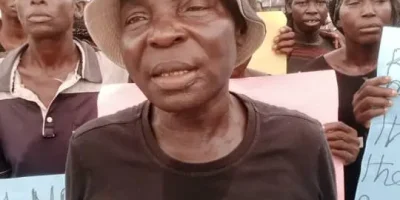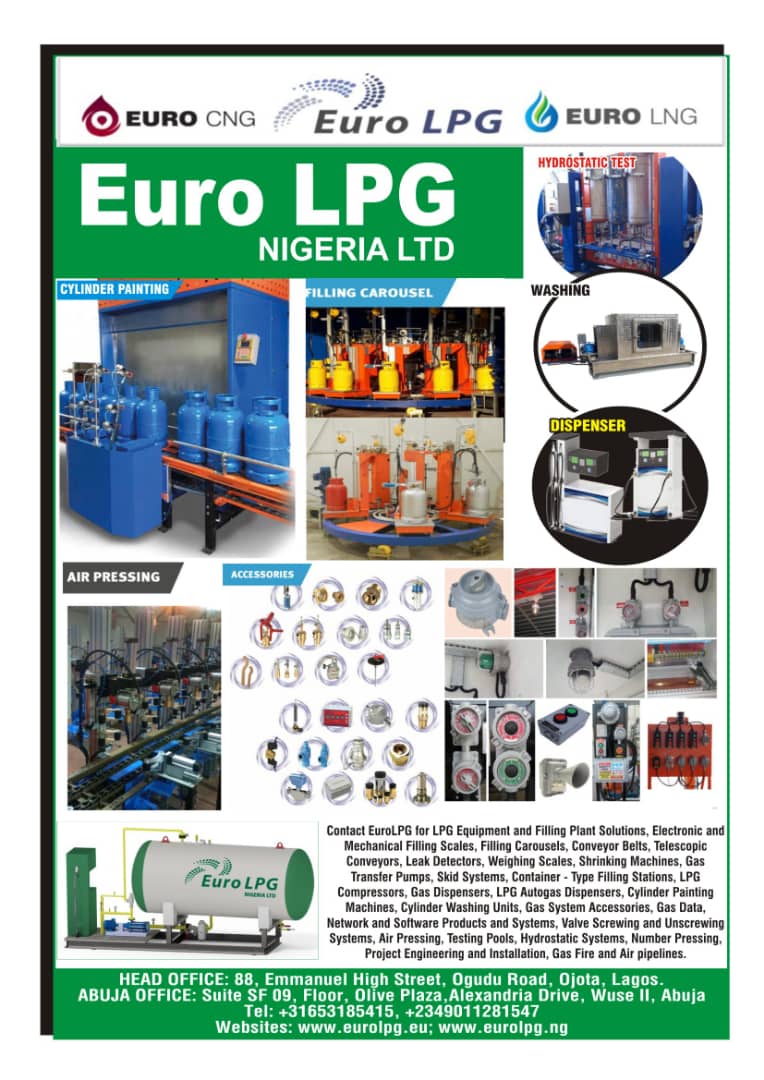THE ongoing remediation of Ogoniland would continue after the exit of the present administration of President Muhammadu Buhari.
Minister of State for Environment, Sharon Ikeazor, made this known at a ministerial press briefing on environment sector and priority areas of her ministry, in Abuja.
Ikeazor revealed that stronger institution had been put in place towards that effect.
This was even as government said it was accelerating work on the project with a view to completing it.
The minister hinted that it was extremely committed to immediate completion of the project, adding that the work could not be completed even in the next ten years.
Ikeazor disclosed that the total volume of contaminated soil to be remediated was 5,354,766 cubic meters over an area of about 314 acres.
“As of January 2022, bidding for additional 37 hydrocarbon impacted sites is in progress. The total volume of contaminated soil to be remediated is 5,354,766 cubic meters over an area of about 314 acres,”she said.
Responding to question on when the government would round off the cleanup of the Ogoniland,the minister who said there was no deadline, explained that:”We are accelerating the implementation of Ogoni cleanup and all the recommendations of UNEP that was not carried out,like the Centre of Excellence and Remediation Centre,Water Project and Alternative Livelihood Status are all being implemented now.”
We are extremely committed,our administration is ending in a year and half but we are putting a stronger institution in place to make sure that the implementation of the Ogoni clean up continues. It is not a project that can end in ten years. There are vast areas of pollution but we are sure it will be completed,”she said.
She explained what she was doing to ensure the smooth cooperation between the federal government and the people of Ogoniland:
“We now have stakeholders engagement,where I go down to Ogoniland every quarter to meet with the people in their local government communities and that is how it has been building trust between government and the people.
“We want to see a situation where the project would be taken over by the people and they will get the benefits of those projects. That is my assurance.”
Explaining that the United Nations Environment Programme,UNEP, was still part of the system, Ikeazor said,”We want to make sure that the project is completed and the people of Ogoniland are part of the project.”
She spoke further:”The ministry is accelerating the remediation project, expanding on the livelihood program of the hydrocarbon impacted communities. Preliminary remediation activities had commenced in early 2018, and work is at various stages of the remediation processes, with successes despite delays encountered.
The project implementation status is between 2019-2021 and covers three core areas, which are contaminated soil remediation, sustainable livelihood programme and portable water supply.”
Noting that,”In 2019, contracts for 21 lots were awarded for remediation, covererig 12 of the 65 listed sites in the UNEP report”,she explained that the lots covered an area of 276 acre.
“To date 18 of these lots have been completed and certified by NOSDRA.
“Three of the lots are currently undergoing certification process and one lot is still undergoing remediation.
An additional 29 lots were awarded for remediation of 8 sites in February 2020. The area covered is 289 acres. Six of these sites have been completed and certified by NOSDRA while two outstanding sites at Bdere and Ogale are above 60% completion of which we are accelerating,”she said.
According to Ikeazor,” The impacts of the remediation effort have produced remarkable employment and livelihood opportunities among Ogoni youths. So far, a total of one thousand three hundred and thirty-seven (1,337) persons have been trained, employed, and earned income to support their livelihood, thereby enhancing local economy.”
Speaking on the livelihood support status of the project,the minister said:”
Alternative livelihood development for Ogoni youths, women and able men as well as physically challenged is also a key activity recommended in the UNEP report.
She explained that:” Both artisanal refiners and other youths are entitled to be given the opportunity to develop and expand their existing skills or acquire new skill sets to build their capacity and empowerment.”








Comments